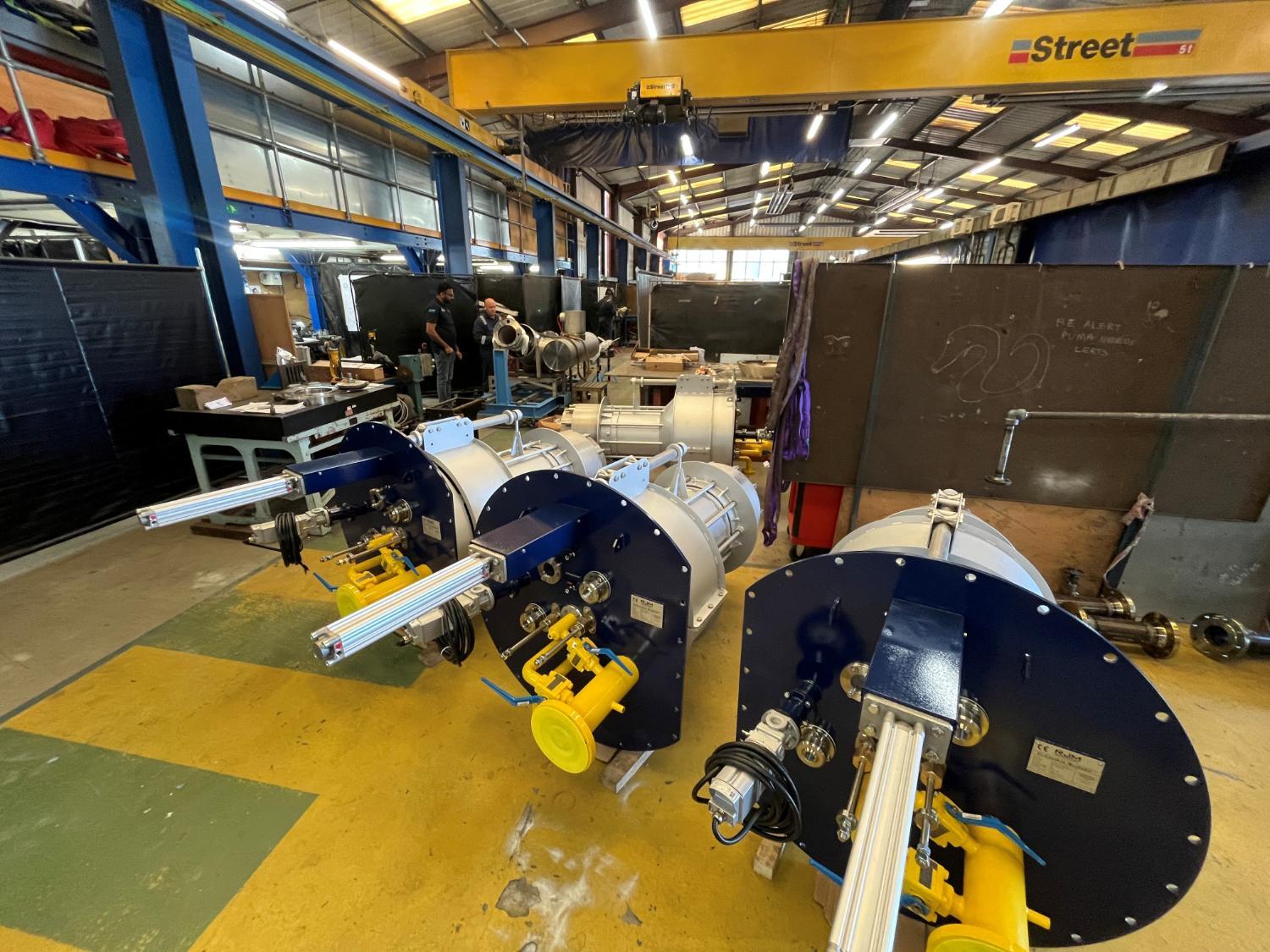
Solutions
RJM's award-winning products and technological innovations provide solutions that enable its customers to maintain reliable and cost-effective generation, worldwide. No matter what the fuel, the generation technology or the size of the plant, RJM has the skills and experience to develop a robust solution.
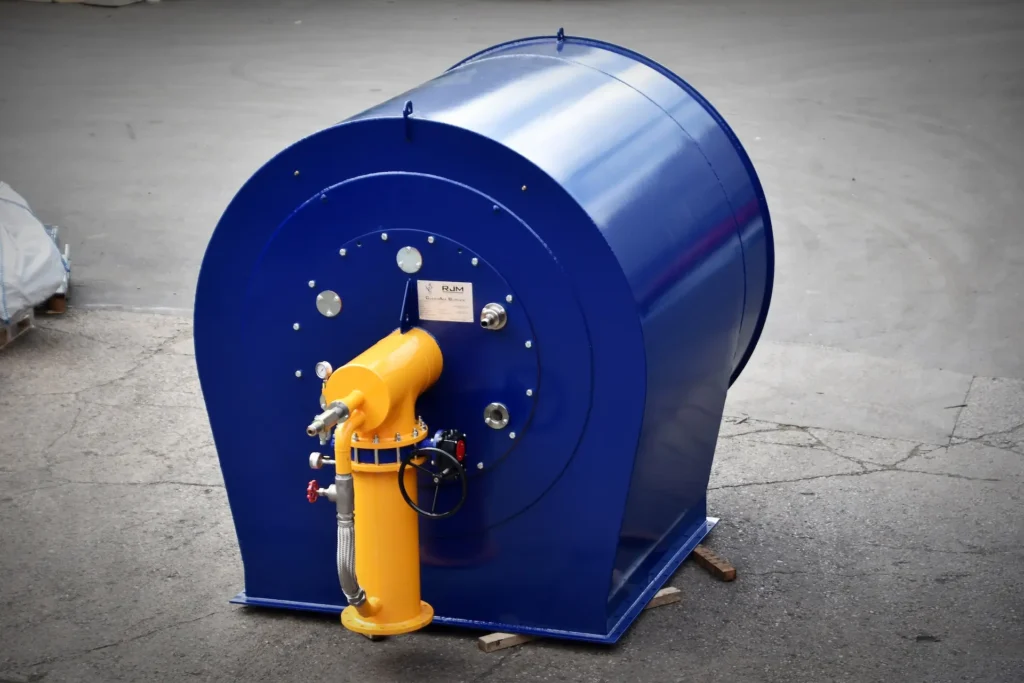
Gas
- Coal-to-gas conversions
- Ultra-low emission gas burners
- Multi-fuel options
- Tailored to any industrial sector
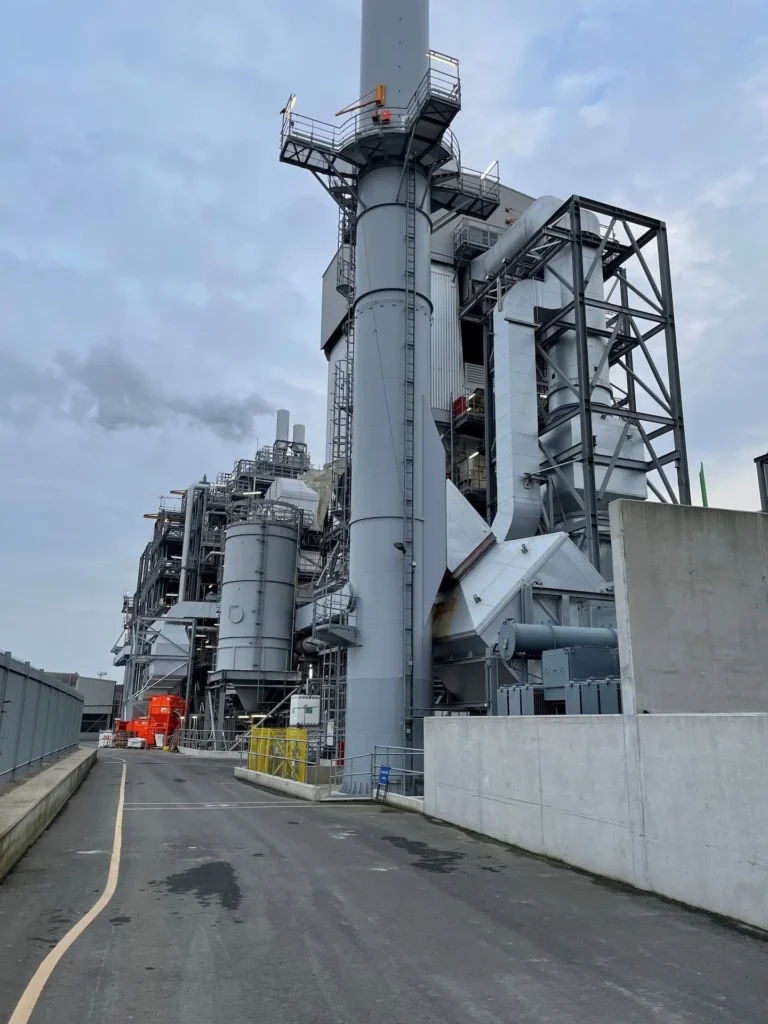
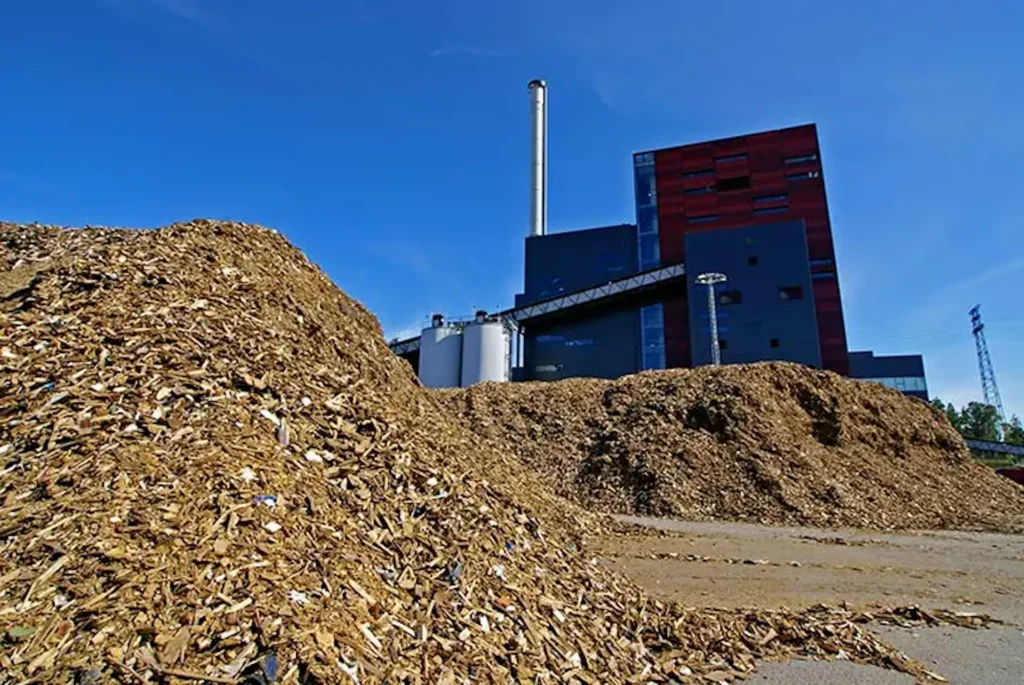
Biomass
- Less slagging and fouling
- Improved utilisation & reliability
- Longer campaigns
- Shorter outages
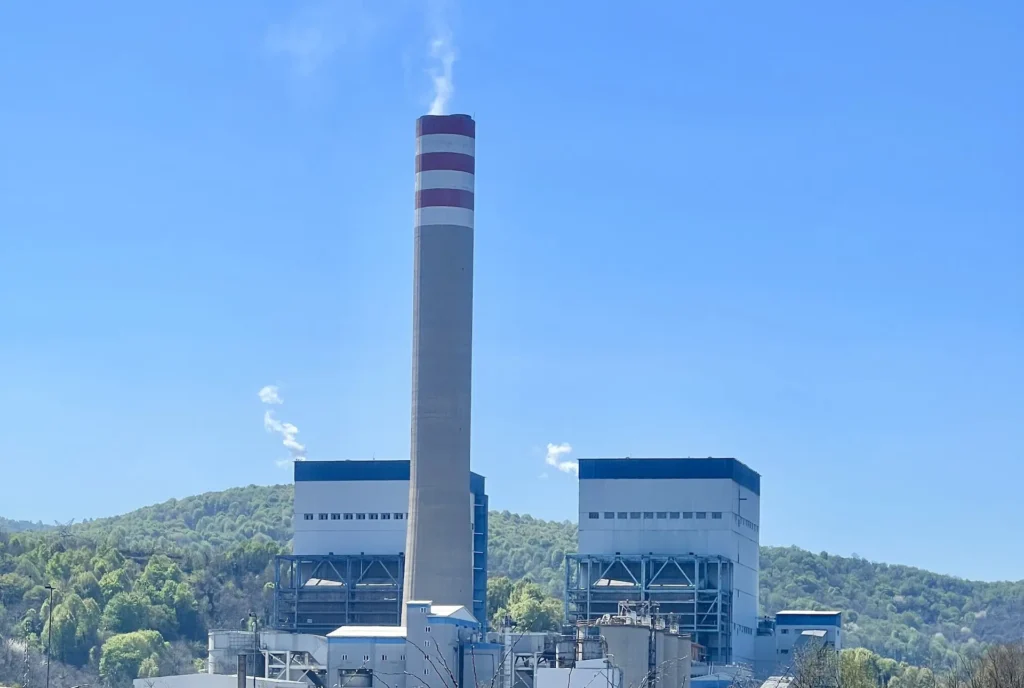
Coal
- Improved performance
- Ultra-Low emission burners
- Coal to gas conversions
- Coal to biomass conversions
- Co-firing with biomass
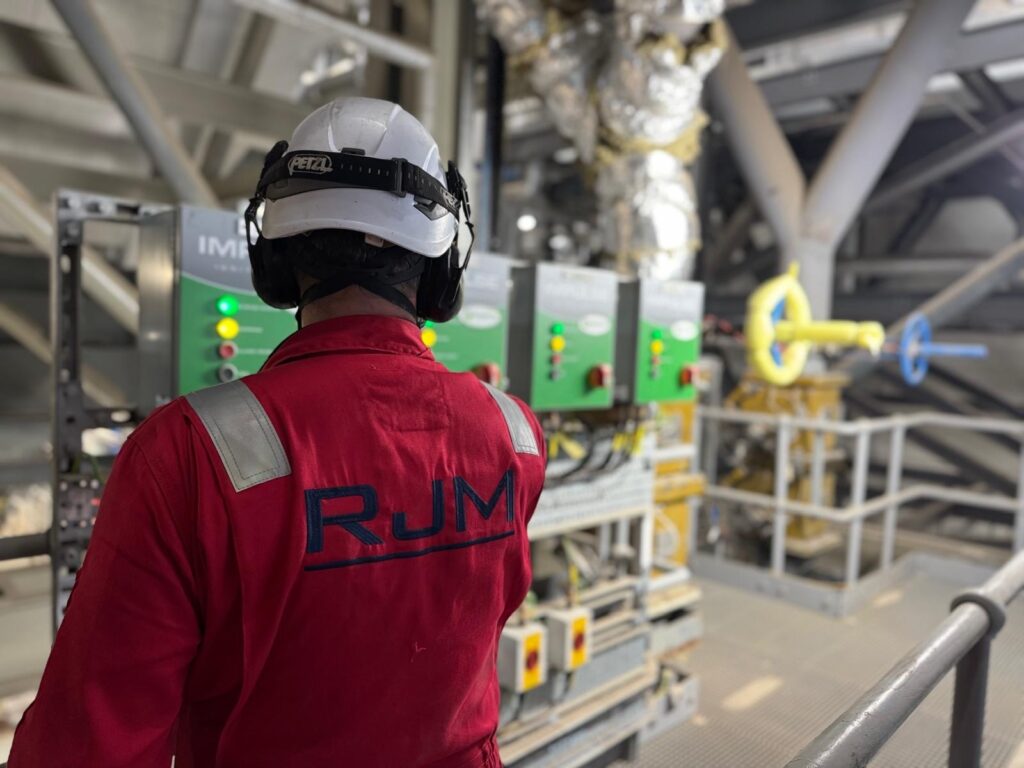
IMPULSE® Cleaning
- Improved boiler efficiency
- Significantly reduced fouling
- No erosion
- Better coverage
- Proven technology

Enquire Now
If you are planning a performance upgrade project or are facing a combustion, emission or carbon reduction challenge, we can help.–